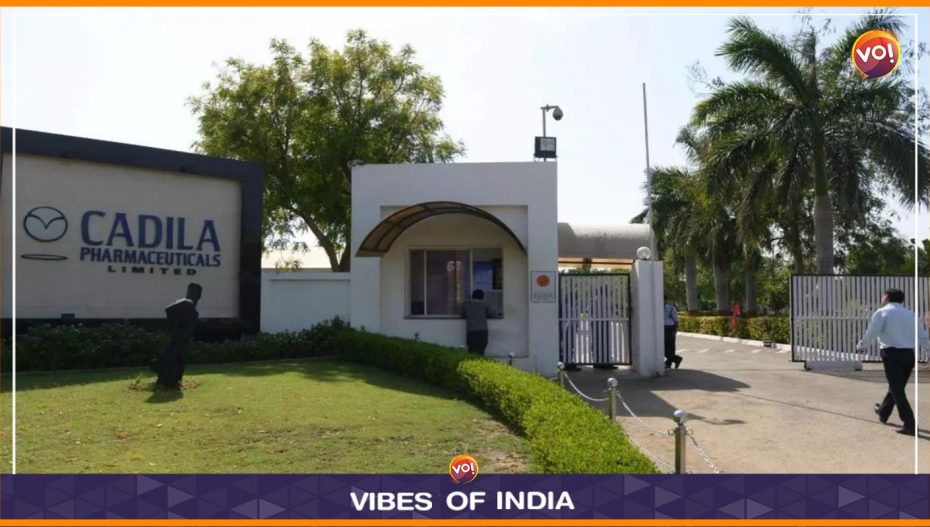This week’s news headline ‘Student Dies by Suicide at Adani Medical College in Bhuj’ would not have gone down well with the Adani group. Under normal circumstances, a suicide should not damage the name of a college, but these are exceptional times for the Adani Group. Ever since the Hindenburg Report, the brand has been under siege and the suicide has only served to reinforce the negativity now associated with the Adani name, an umbrella brand for all the group companies.

Also Read: Student Dies By Suicide At Adani Medical College
What was Gautam Adani thinking when he put the family name on all his companies? When he started Adani Exports in 1988, Gautambhai’s role models were Japanese trading houses like Mitsubishi, Mitsui, Itochu, and Sumitomo. But except for Sumitomo, none of the others are named after their founders, so Japanese norms were obviously not the inspiration. Today, except for the two acquired cement companies, all the listed companies of the group have the Adani name. All the proverbial eggs are in one basket, not considered a good situation.

Why didn’t Gautam Adani follow Dhirubhai Ambani’s example and gave his group an evocative name like Reliance? The Adanis are actually the only major business group in Gujarat to use the family name as a brand. When Uttamlal Mehta started his pharma company in the 60s, he named it Trinity Laboratories, till an older Chennai-based company with the same name threatened to sue. Then he changed the name to Torrent.
Mr Mehta could have been named his company Mehta Pharmaceuticals, but he knew this would not be conducive to sales. Having worked as a medical representative with the multi-national drug company Sandoz, he knew he needed an international-sounding name. After all, his customer was the physician, who is heavily influenced by the brand name. Since then, most pharma companies in Gujarat have opted for Anglicized names, like Alembic, Intas and Unison. In Mumbai, Habil Khorakiwala concocted the German-sounding name Wockhardt for his company, a take on ‘Work Hard.’
When co-founders Indravadan Modi and Ramanbhai Patel decided to split Cadila into two equal entities 1995, the brand name was considered so valuable that neither was willing to give it up. It resulted in a strange compromise. The two entities were called Cadila Pharmaceuticals and Cadila Healthcare, which created some confusion in the market they operated in. Cadila Healthcare has since been moving towards adopting the Zydus brand name, but it is still known by its original name on the stock exchanges.

While the pharma sector needs foreign-sounding names, Gujarat’s consumer goods sector has done well with very desi brand names like Vadilal, Arvind and Rasna. The company that owns Wagh Bakri goes by the rather unwieldy name of Gujarat Tea Processors & Packers, but to all practical purposes it is simply called the Wagh Bakri group. As for Vadilal Industries, chairman Rajesh Gandhi says the company’s brand comes from his grandfather Ranchodlal Vadilal Gandhi and it has worked out very well, since it is a unique name with loads of desi chic. Vadilal Industries has moved beyond ice cream and it now makes a range of packaged frozen foods for the domestic and international markets. The company has chosen to keep Vadilal as an umbrella brand for all its products.
A brand name evokes emotions in consumers and speaks to their identity, which is why multinationals like Unilever and Proctor & Gamble have separate brands for products in every segment. Unilver owns 400 brands, with famous names like Dove, Lux, Rexona, Lyril, Lifebuoy, each catering to different segments in the soap category. Creating brands is expensive and very few Indian companies have shown the gumption to make the investments required. Wagh Bakri tried creating the separate Good Morning brand for its upmarket Darjeeling and Earl Grey Teas, but seems to have given up.
Gujarat’s true marketing legend is undoubtedly Darshan Patel. Founder of Paras Pharmaceuticals, who created brands like Moov, Ring Guard, Itch Guard, Krack, D-Cold, Dermi Cool and SetWet, invested heavily on advertising for each of these products. The power of these brands was evident when Reckitt Benckiser bought Paras Pharma in 2010 for Rs 3,260 crore. Darshanbhai is a much admired businessman in Gujarat but no other company has yet followed his example. He has since moved on to set up Vini Cosmetics, another very successful enterprise, which makes the Fogg range of deodorants.

The Gujarat Cooperative Milk Marketing Federation (GCMMF) has historically maintained Amul as the brand name for all its products, from liquid milk, butter and ice cream, to its more recently introduced range of breads, chocolate and frozen potato products. The one time it deviated from this umbrella branding strategy was when it launched curd in the mid-90s. Former GCMMF managing director BM Vyas recalls how it happened: “We were not sure the market would accept packaged dahi, a product that was traditionally made at home. We decided to keep the Amul brand name out and call it Masti dahi. It turned out to be a huge success, but we kept the Masti brand, with Amul written in smaller print on the packaging.” GCMMF later used the Masti brand name for soup, another experimental product, but the product flopped badly.
Also Read: Don’t Enrol Yourselves Here, Honest College Advises Admission Seekers













